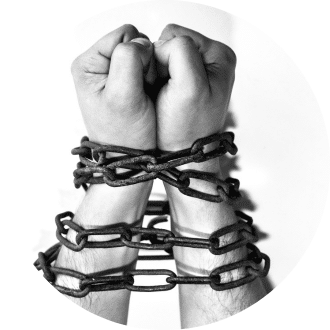The Dark Side of Coaching
Introduction: Where Light Meets Shadow Coaching is often described as a space of growth, empowerment and possibility. We talk about transformation, mindset shifts and courageous conversations. Yet like any professional practice that works with human systems, it also has a shadow side. When we fail to see it, name it, or address it, we risk […]
The Dark Side of Coaching Read More »












